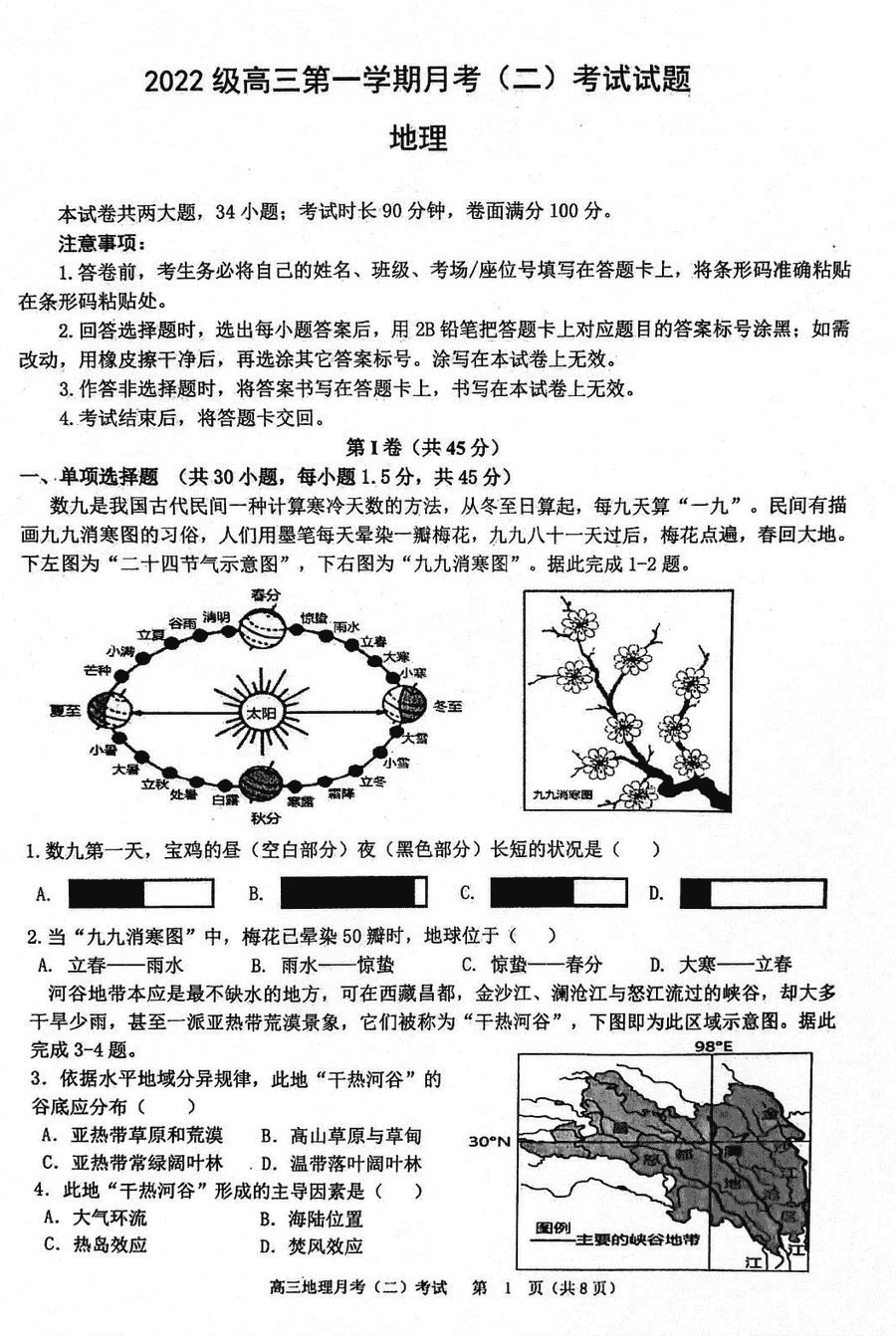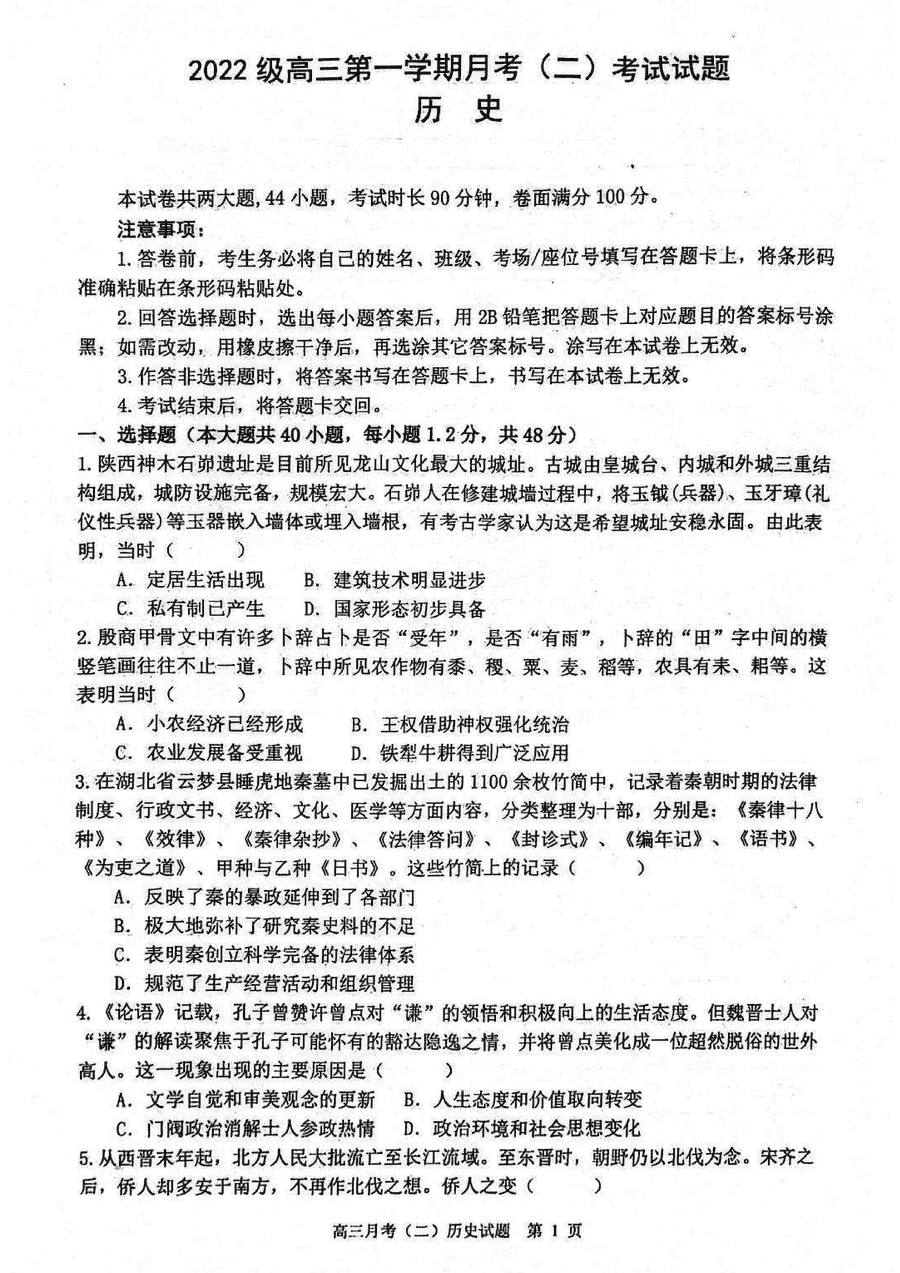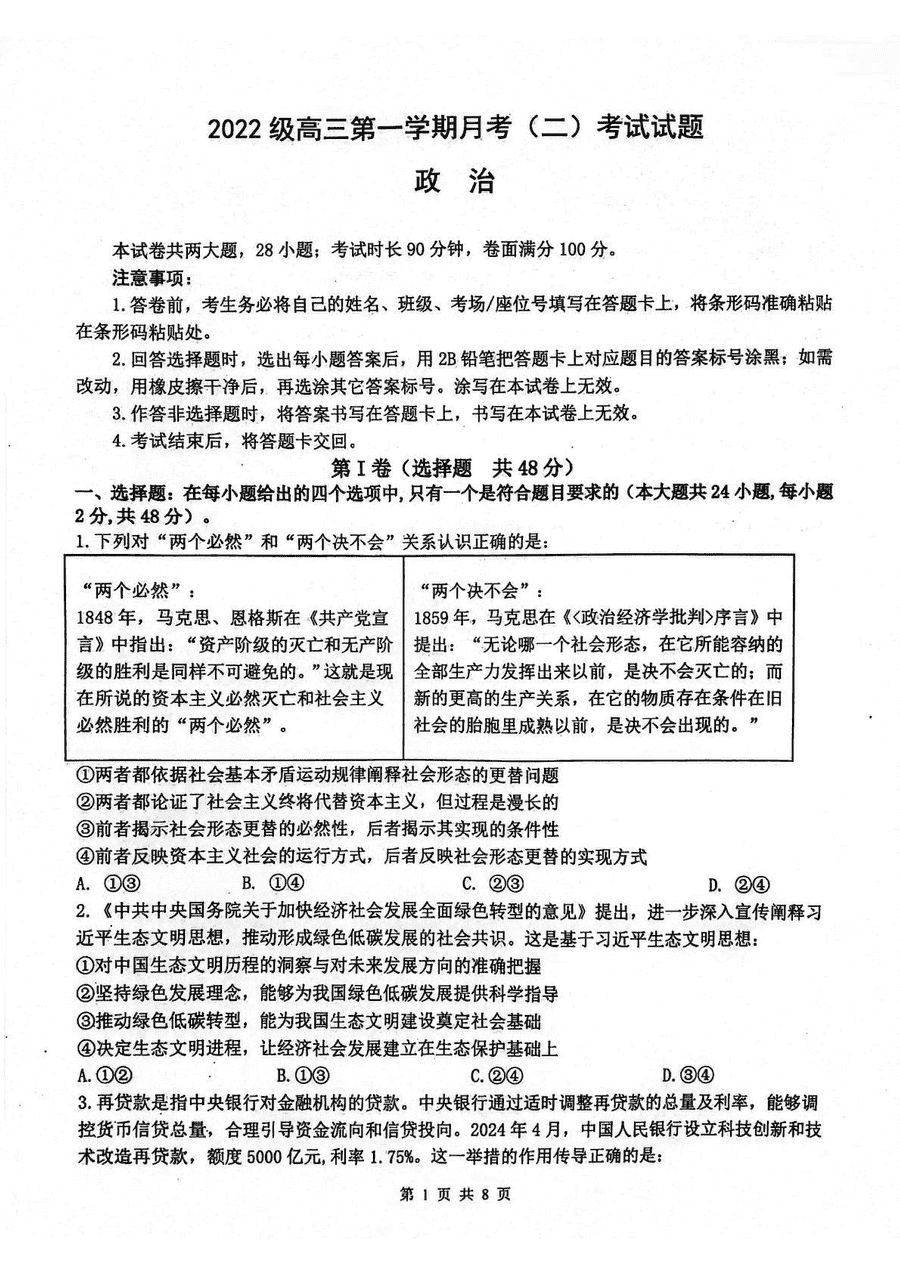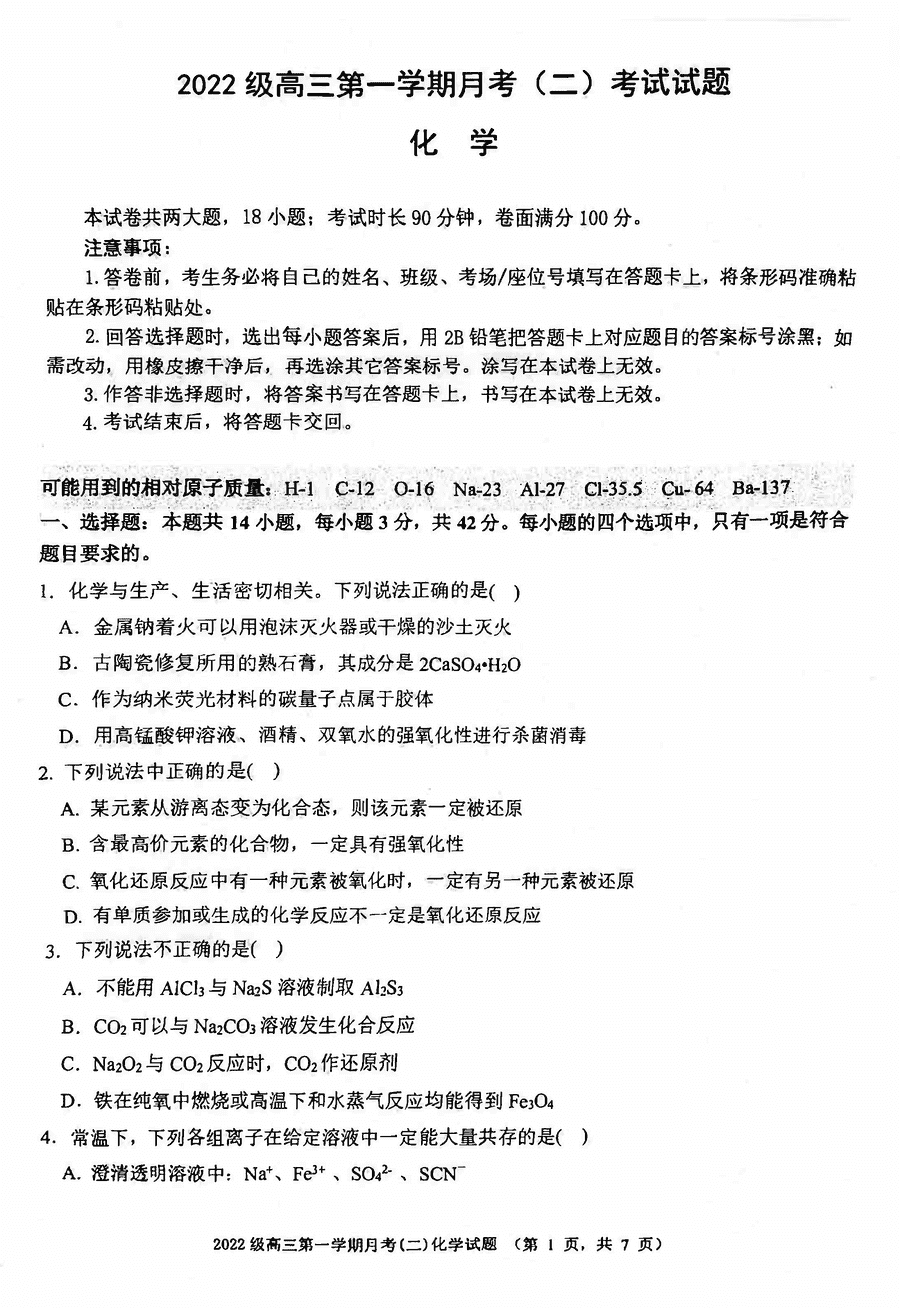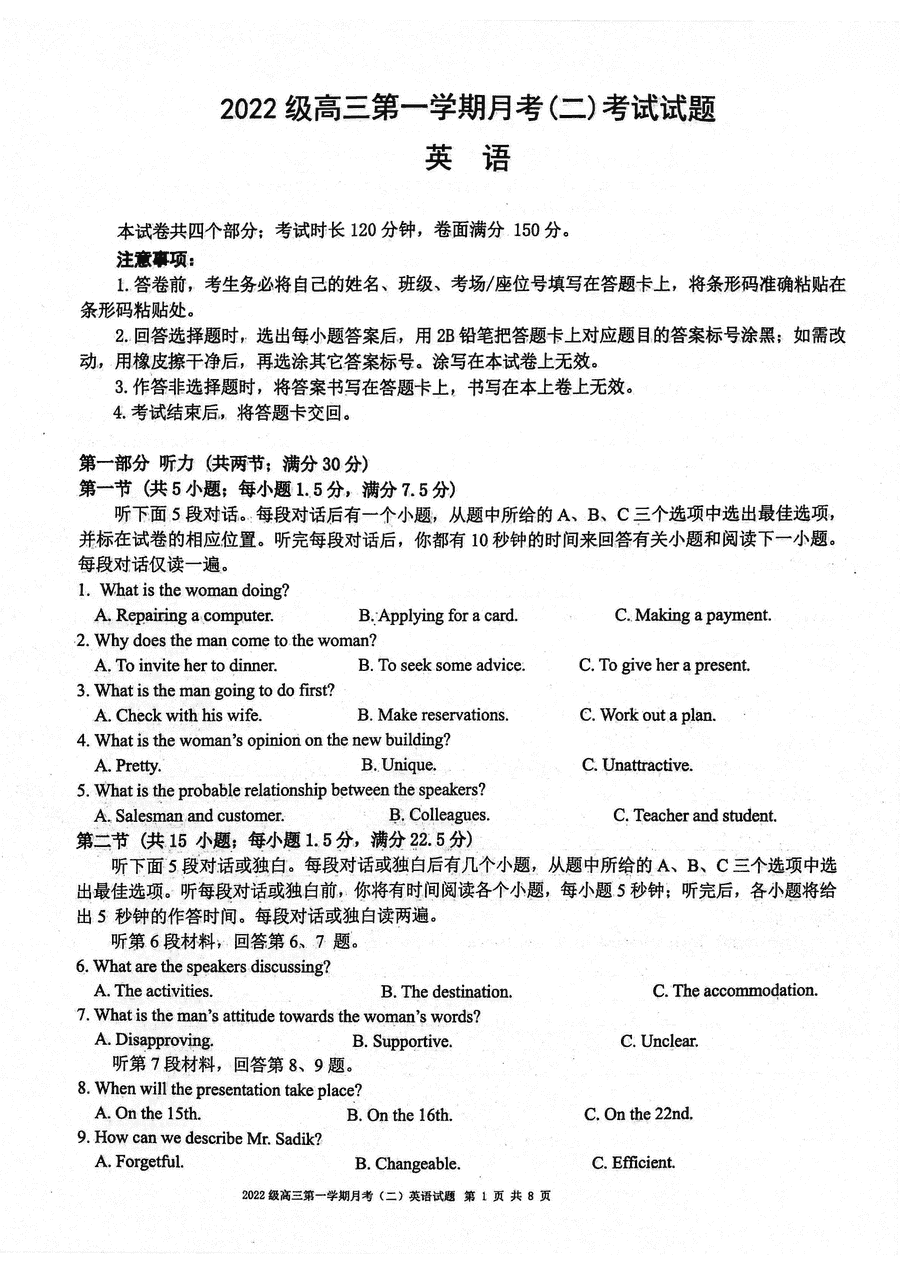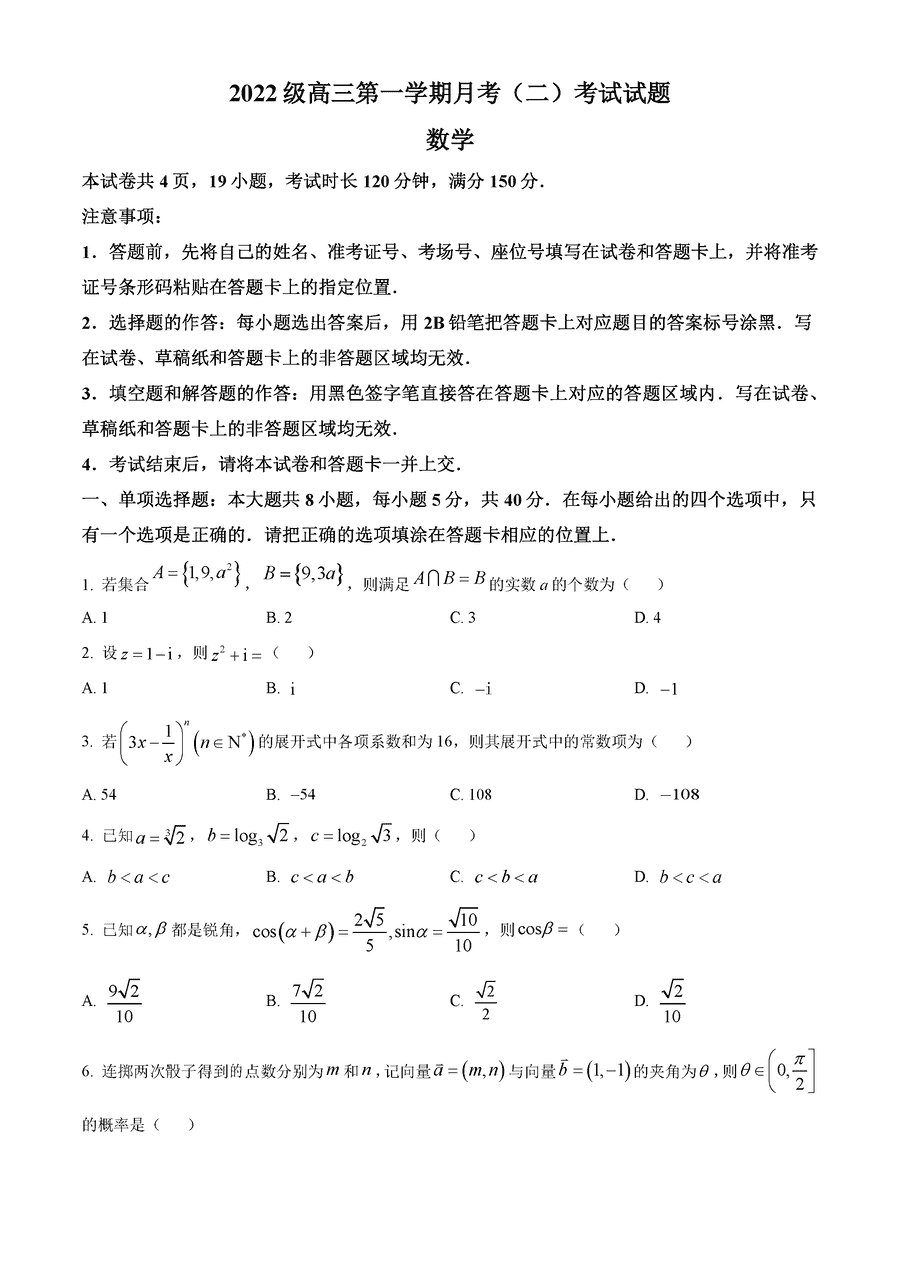万圣节的由来英文介绍 附翻译
万圣节,在每年的11月1日,是西方的传统节日;而万圣节前夜的10月31日是这个节日最热闹的时刻,在中文里,常常把万圣节前夜(Halloween)讹译为万圣节(All Saints' Day)。

万圣节的由来英文
It is said that since 500 BC, Celts living in Ireland, Scotland and other places moved the festival forward one day, that is, October 31.
They believe that this day is the official end of summer, that is, the beginning of the new year, and the beginning of the harsh winter.
At that time, it was believed that the souls of the dead would return to their former residence on that day to find life on living people and regenerate them, and this was the only hope for people to regenerate after death.
The living are afraid of the spirits of the dead, so people put out the fire and candle light on this day, so that the spirits of the dead can not find the living, and dress up as ghosts to scare away the spirits of the dead. After that, they will rekindle the fire and candle light to start the new year's life.
Halloween was originally a festival to celebrate autumn, just like May Day is a festival to celebrate spring.
万圣节的由来中文翻译
传说自公元前五百年,居住在爱尔兰、苏格兰等地的凯尔特人(Celts)把这节日往前移了一天,即10月31日。
他们认为该日是夏天正式结束的日子,也就是新年伊始,严酷的冬天开始的一天。
那时人们相信,故人的亡魂会在这一天回到故居地在活人身上找寻生灵,借此再生,而且这是人在死后能获得再生的唯一希望。
而活人则惧怕死人的魂灵来夺生,于是人们就在这一天熄掉炉火、烛光,让死人的魂灵无法找到活人,又把自己打扮成妖魔鬼怪把死人的魂灵吓走。之后,他们又会把火种、烛光重新燃起,开始新的一年的生活。
万圣节原本其实是赞美秋天的节日,就好像五月节是赞美春天一样。
